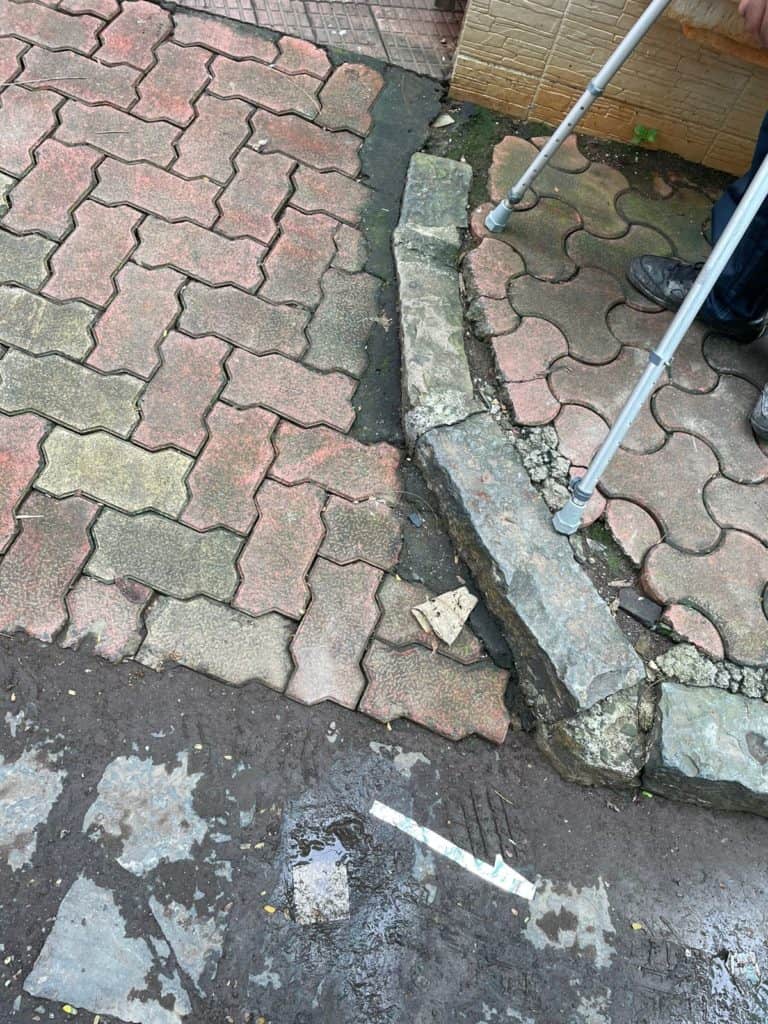Failed power lines cause outages in parts of Navi Mumbai and Panvel
On 5th May, a 400 kilovolt transmission line that runs from Kharghar to Talegaon tripped, causing power outages in areas surrounding Vashi and Panvel. The outages wreaked havoc in the neighbourhood due to the hot weather.
This is the 4th time in two years that the power lines have tripped, highlighting the urgent need to strengthen the transmission corridor that provides Mumbai with electricity from 5 entry points. The union power ministry has asked the state to expedite work on 3 new corridors that will ensure this doesn’t happen as often, especially in the summer months during heatwave conditions.
Source: The Time of India
First class and AC local train fares reduced by 50%
After frequent demands from daily commuters, the State Ministry of Railways decided that the fares for AC local trains and first class compartments will be reduced by 50%, from May 5th. The minimum fare for 5km, which was Rs 65, will now be Rs 30. The initial demand by the commuters was to reduce AC local train fares by 20-30%.
The decision was announced at the inauguration of the reconstructed heritage Byculla station.
Source: Mint
Read more: Interview with Sudhir Badami: How transport in Mumbai is evolving
8-hour shifts to be introduced for police personnel of subordinate ranks
All subordinate ranking officials (meaning ranks of assistant sub-inspector and below) of the Mumbai Police will now have eight hour work days starting May 17th. Their current work days are 12 hours long. Female police officers’ work day was reduced to eight hours in September of 2021.
Officers can still choose to take 12 hour shifts by taking the next 24 hours off, but those who opt for this work module will not be entitled to any weekly offs. This option was mainly designed in favour of those officers who travel far distances for work, but those over the age of 55 or suffering from chronic illnesses can also opt for this.
The order was issued by Commissioner of Police Sanjay Pandey on May 4th.
Source: Hindustan Times
Observations from Praja’s 10-year civic report suggests a decline in grievances and an increased redressal period
A report by Praja foundation on the status of civic issues in Mumbai observed a decline in the number of reported civic grievances in Mumbai post-pandemic. The highest number of complaints were registered from the A-ward (Marine Drive, Cuffe Parade) followed by D-ward (Malabar Hills, Kemp’s Corner) and C-ward (Bhuleshwar, Kalbadevi), according to the ward-wise analysis.
According to the report, although the number of civic complaints has declined, the time to resolve these grievances has increased. The BMC has recorded 9,45,156 complaints since 2012, of which 1.28 lakh were registered in 2019 and 1.16 lakh in 2018. In 2020, only 93,774 cases were registered.
The 10 year civic analysis report also found that 33% of the issues that corporators discussed were about naming and renaming public places.
Source: Hindustan Times, Mid-Day
New footpath redevelopment work to begin in South Mumbai

Efforts to make the footpaths of Mumbai more pedestrian-friendly have materialised into a redevelopment project for the footpaths of South Mumbai. The BMC will improve a 3.5-kilometer stretch which will cover the Churchgate Pedestrian Plaza, The Regal Traffic node, and the footpaths in the Metro Junction.
The new footpath redevelopment work aims to remove all illegal encroachments by adding new signs, benches and modernised bus stops. The goal is to declutter footpaths and their surrounding areas.
The footpaths will be uniform throughout the stretch of the roads and will be built to last for years. The existing paver blocks will be replaced with cast-in-situ concrete.
Source: Hindustan Times